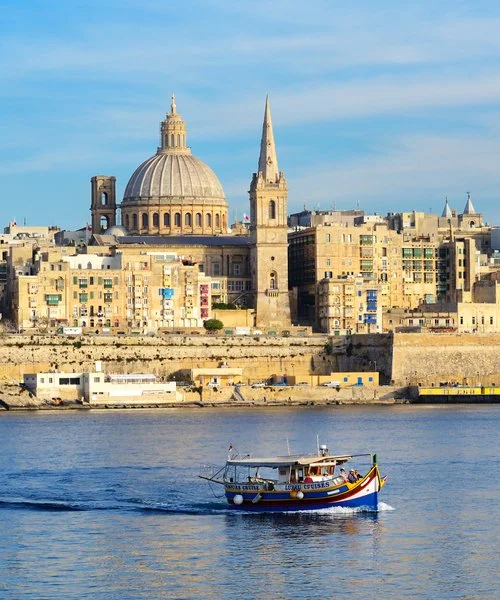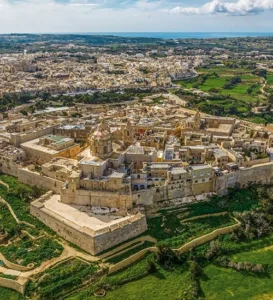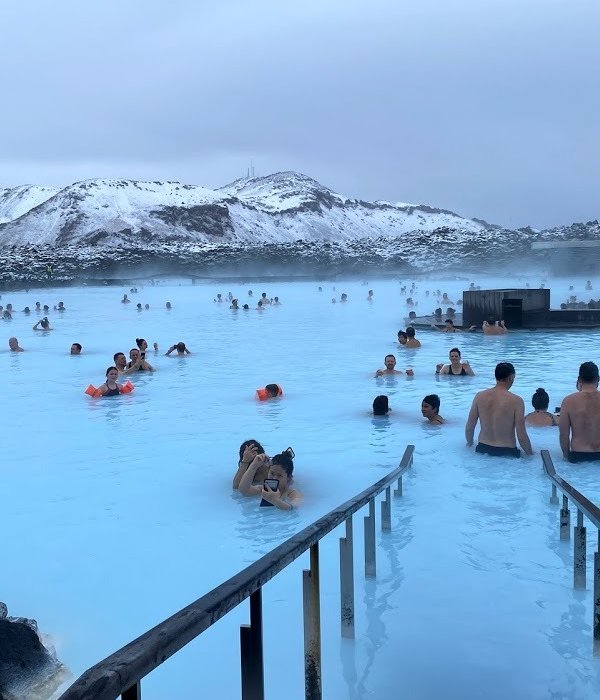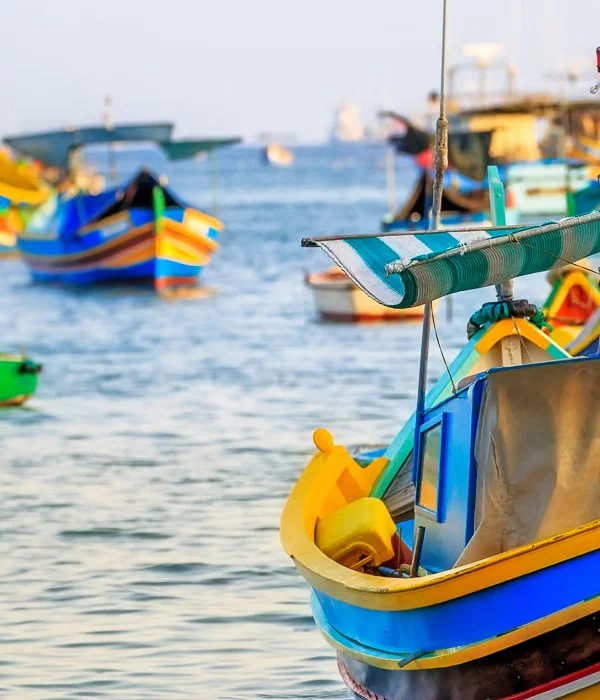Malta
CET (Central European Time)
UTC+1 (Winter) / UTC+2 (Summer)
Daylight saving time observed
Euro (EUR)
Official currency since 2008
Credit/debit cards widely accepted
Ancient megalithic temples
Ruled by Phoenicians, Romans, Arabs, Knights of St. John
Independent republic since 1964
Visa-Free Countries
Visa on Arrival Countries
E-Visa Countries
Visa Required Countries
Culture
Malta boasts a rich tapestry of cultures, reflecting centuries of influence by various civilizations. From prehistoric temples to vibrant religious festivals, the islands offer a unique blend of Mediterranean traditions.
Key cultural elements in Malta include:
- Religious Celebrations: Festa season, where each town honors its patron saint with fireworks and processions.
- Historic Sites: Megalithic temples such as Ħaġar Qim, and medieval fortifications around Valletta and Mdina.
- Cuisine: Influenced by Sicilian and North African flavors; dishes like pastizzi, rabbit stew, and fresh seafood.
- Language & Heritage: Maltese has Semitic roots but uses the Latin script; English is widely spoken.
This Mediterranean melting pot offers an immersive cultural experience, blending ancient heritage with modern vibrancy.
Tourism & Best Sites to Visit
Despite its small size, Malta is packed with stunning coastlines, historic towns, and lively festivals.
Some of Malta’s most popular destinations include:





Valletta: A UNESCO World Heritage city, packed with historic buildings, cathedrals, and fortifications.
Mdina: The former capital, known for its serene atmosphere and medieval architecture.
Gozo: The quieter sister island, offering scenic countryside, dive sites, and historical temples.
Blue Lagoon (Comino): Crystal-clear waters and a perfect spot for swimming or snorkeling.
Marsaxlokk: Picturesque harbor filled with colorful fishing boats and a famous Sunday fish market.
Transportation
Getting around Malta is straightforward thanks to an extensive bus network, though the islands are quite compact and can be explored by car or on foot.
- Bus Network: Buses run frequently across Malta and Gozo, with direct routes to major towns.
- Ferries: Regular ferries connect Malta with Gozo and Comino; water taxis are also available.
- Car Rentals & Taxis: Renting a car can offer flexibility, but be mindful that Maltese drive on the left.
- International Access: Malta International Airport is near Valletta; ferries connect to Sicily (Italy).
Despite some narrow roads and traffic in peak season, Malta’s small size makes it easy to travel from one end to the other.
Airports
Malta has one main international airport, serving numerous European and regional flights.
- Malta International Airport (MLA): Located between Luqa and Gudja, it provides connections to cities across Europe and beyond.
Buses, taxis, and car rentals are readily available at Malta International Airport, with short drive times to most major attractions.
Visa & Travel Information
Malta is a member of the Schengen Area, allowing visa-free entry for many travelers for short stays.
Visa Options by Nationality
The table below shows general visa requirements for common nationalities:
| Nationality | Visa Requirement | Maximum Stay |
|---|---|---|
| Citizens of EU/EEA countries | Visa-Free | No Limit |
| Citizens of USA, UK, Canada, Australia, and most Western nations | Visa-Free | 90 days (Schengen) |
| Most other nationalities | Schengen Visa Required | 90 days |
Visa Application Process: For travelers requiring a Schengen visa:
- Submit your application at the Maltese embassy or the consulate representing Malta in your region.
- Provide a valid passport, recent photograph, travel itinerary, proof of accommodation, and proof of financial means.
Entry Requirements: Visitors must have:
- A passport valid for at least three months beyond your departure date.
- A valid visa or ETIAS authorization (if applicable).
- Proof of sufficient funds and confirmed travel bookings.
- Travel insurance covering medical expenses and repatriation.
- Return or onward travel tickets.
